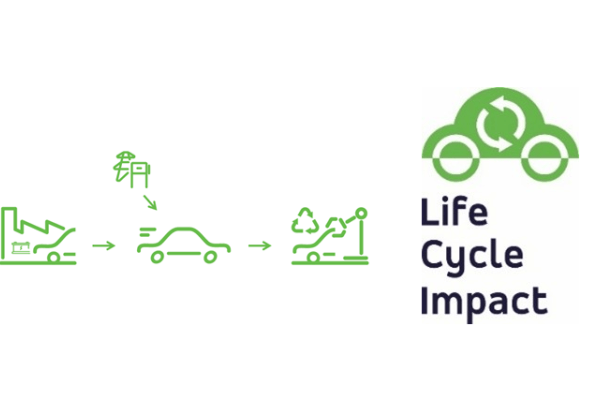Study predicts impact of EU Green Deal legislation on Flemish SMEs
A study conducted by VITO, Möbius, and SuMa Consulting, commissioned by the Department of Environment and VLAIO, has introduced a tool for policymakers to identify which EU environmental regulations will have a significant impact on Flemish SMEs. This makes it possible to assess the effects of these new regulations, stemming from the Green Deal, on key Flemish policy objectives in economic, social, and environmental domains.

Measuring the Impact on SMEs
As part of the study, a framework was developed to assess the impact of various (new) regulations in a consistent manner from economic, environmental, and social perspectives. This framework aims to answer three fundamental questions:
- Will the new legislation lead to an increase or decrease in the contribution of Flemish SMEs to the regional economy?
- Does the legislation support the achievement of Flemish environmental objectives by influencing environmental policies and the environmental performance of SMEs?
- Will employment within Flemish SMEs grow? If so, will there be a need for skills development, and are there opportunities for the social economy sector?
A selection of 10 Green Deal regulations was evaluated using this new methodology: the Corporate Sustainability Reporting Directive (CSRD), Corporate Sustainability Due Diligence Directive (CSDDD), Ecodesign for Sustainable Products Regulation (ESPR), Taxonomy Regulation, Regulation on Packaging and Packaging Waste (RPPW), Deforestation-free Products Regulation (EUDR), Directive on the Right to Repair, Energy Efficiency Directive (EED), Revision of the Industrial Emissions Directive (IED), and Public Procurement Directive (PPD).
Impact and opportunities
The results highlight the CSRD, ESPR, EUDR, and EED as regulations that may have a negative economic impact on certain Flemish SME sectors. However, this negative impact is not always a direct consequence of the regulations themselves; in many cases, it stems from trickle-down effects within supply chains. For the CSRD, ESPR, and EED, government interventions could potentially mitigate these effects.
On the other hand, the study also reveals numerous opportunities arising from Green Deal legislation. Environmentally, the ESPR, RPPW, EED, and IED are expected to bring substantial benefits. Additionally, the Right to Repair Directive and the EED may create new employment opportunities for SMEs, particularly in the social economy sector.
The impact analysis results were validated through interviews and discussions with SMEs and industry organisations from the construction, textile, and food sectors. These consultations confirmed that Flemish SMEs perceive the growing volume of EU sustainability legislation as a major challenge. Many SMEs have only a limited understanding of the obligations they will face, often struggling with time constraints, lack of expertise, and tight financial margins, making it difficult for them to comply with sustainability requirements. However, SMEs that are already engaged in sustainable business practices tend to view these new regulations as an opportunity to reinforce and capitalise on their efforts.
Challenges and solutions
The stakeholder consultations identified four key challenges, leading to a set of recommendations:
- Limited capacity of SMEs to adapt – Many SMEs lack the resources to adjust to new legal requirements. The study recommends improving access to relevant legal information and supporting SMEs in implementing new regulations through tailored tools or financial instruments.
- Supply chain challenges – Some Green Deal regulations require new forms of collaboration within supply chains. Possible solutions include formalising supply chain partnerships, facilitating information exchange, expanding producer responsibility schemes, and encouraging local cooperation for sustainability.
- Risk of an uneven playing field – Differences in regulatory implementation based on company size or location could create unfair competition. The study calls for avoiding “gold-plating” (excessive national implementation of EU laws), ensuring adequate market surveillance, and enforcing regulations consistently to prevent foreign businesses from gaining an unfair advantage through non-compliance.
- Policy inconsistencies – Some new regulations require adjustments to existing legal frameworks and administrative processes, but these adaptations are often delayed. A dedicated SME impact assessment is recommended to ensure that SMEs are not overlooked in policy planning.
A valuable tool for policymaking
The framework developed in this study provides a structured and systematic approach to assessing the impact of new environmental legislation. It can therefore serve as a useful tool for future policymaking and consultation processes.
More information?
- Impact van Europese duurzaamheidswetgeving op de Vlaamse kmo's | VLAIO
- Impactanalyse EU-duurzaamheidswetgeving op Vlaamse KMO's | Departement Omgeving












